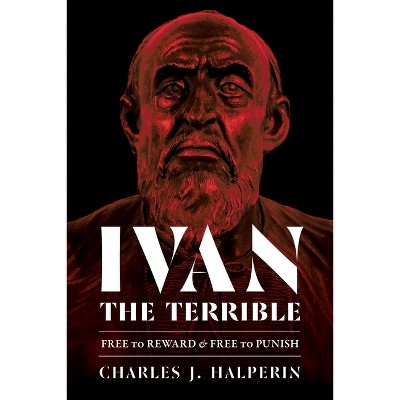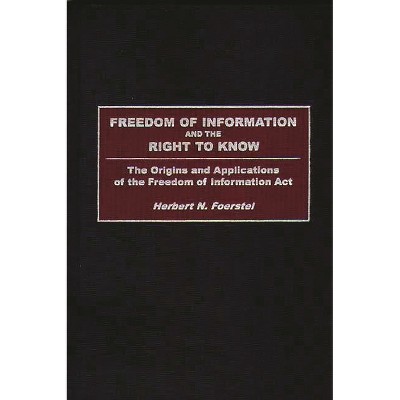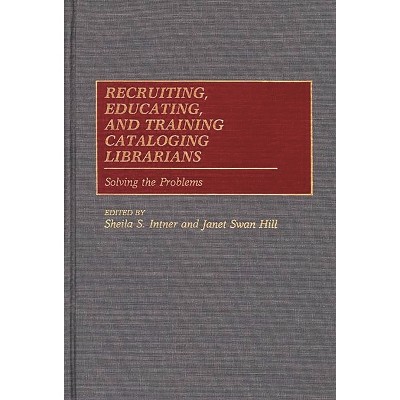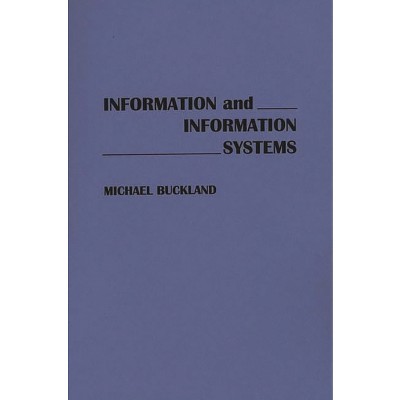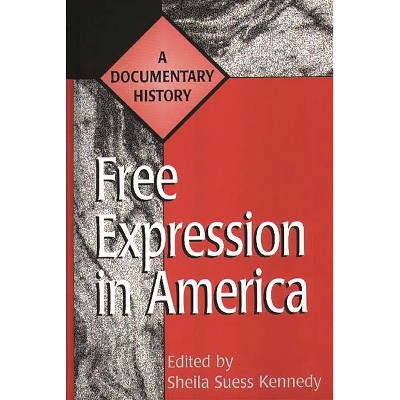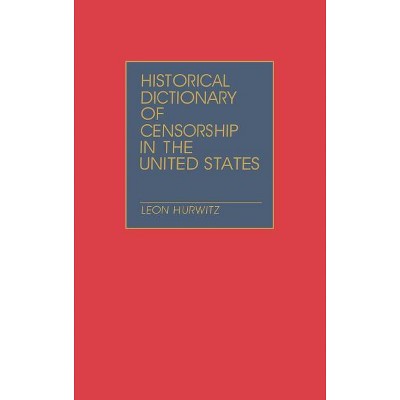Sponsored

Free Expression and Censorship in America - (New Directions in Information Management) by Herbert N Foerstel (Hardcover)
In Stock
Sponsored
About this item
Highlights
- Despite the end of the Cold War, America's national security apparatus for controlling information has remained in place.
- About the Author: HERBERT N. FOERSTEL is the former Head of Branch Libraries at the University of Maryland, College Park, and currently serves on the Board of the National Security Archive, located at the George Washington University.
- 272 Pages
- Freedom + Security / Law Enforcement, Constitutional
- Series Name: New Directions in Information Management
Description
About the Book
Despite the end of the Cold War, America's national security apparatus for controlling information has remained in place. However, sex and secularism are emerging as the major targets of censorship. Federal decency standards have been imposed on art, the broadcast media, and the Internet. Virtually every major political issue of the 1990s (abortion, campaign finance, violence on TV, homosexuality, indecency on the Internet) has First Amendment implications, and all are included in this comprehensive encyclopedia.
This work covers the full history of America's struggle for free expression, as well as the contemporary dynamics represented by pop figures like Frank Zappa, Howard Stern, and Danny Goldberg and politicians like Jesse Helms and Don Edwards. It goes beyond other academic works of its kind by recognizing the primacy of the mass media and the Internet in defining the modern contours of the First Amendment.
Book Synopsis
Despite the end of the Cold War, America's national security apparatus for controlling information has remained in place. However, sex and secularism are emerging as the major targets of censorship. Federal decency standards have been imposed on art, the broadcast media, and the Internet. Virtually every major political issue of the 1990s (abortion, campaign finance, violence on TV, homosexuality, indecency on the Internet) has First Amendment implications, and all are included in this comprehensive encyclopedia.
This work covers the full history of America's struggle for free expression, as well as the contemporary dynamics represented by pop figures like Frank Zappa, Howard Stern, and Danny Goldberg and politicians like Jesse Helms and Don Edwards. It goes beyond other academic works of its kind by recognizing the primacy of the mass media and the Internet in defining the modern contours of the First Amendment.From the Back Cover
Abortion, campaign financing, TV violence, homosexuality, and indecency on the Internet all have First Amendment implications, and all have been major political issues in the 1990s. During this decade, sex and secularism emerged as major targets of censorship, and an increasing number of Americans tested the limits of the Federal "decency" standards that were imposed on the arts, the broadcast media, and the Internet. America's interest in free expression has been paralleled by the growth of a powerful system of secrecy and censorship. This comprehensive encyclopedia documents the full history of the struggle in Congress, in the courts, and in our communities to define the modern contours of the First Amendment.Review Quotes
?Free Expression and Censorship in America is noteworthy for its treatment of contemporary issues and personalities--including the Internet and Howard Stern--as well as the full history of our country's interpretation of this basic tenet. Recommended for high-school, public, and academic libraries.?-Booklist/Reference Books Bulletin
?The text's thorough essays and diverse entries function as a valuable reference tool for anyone researching or just curious about the state of free expression in America today.?-Libraries and Culture Book Review
"The text's thorough essays and diverse entries function as a valuable reference tool for anyone researching or just curious about the state of free expression in America today."-Libraries and Culture Book Review
"Free Expression and Censorship in America is noteworthy for its treatment of contemporary issues and personalities--including the Internet and Howard Stern--as well as the full history of our country's interpretation of this basic tenet. Recommended for high-school, public, and academic libraries."-Booklist/Reference Books Bulletin
About the Author
HERBERT N. FOERSTEL is the former Head of Branch Libraries at the University of Maryland, College Park, and currently serves on the Board of the National Security Archive, located at the George Washington University. His previous books include: Climbing the Hill (Praeger, 1996), Banned in the USA (Greenwood, 1994), Secret Science (Praeger, 1993), and Surveillance in the Stacks (Greenwood, 1991).Shipping details
Return details
Frequently bought together
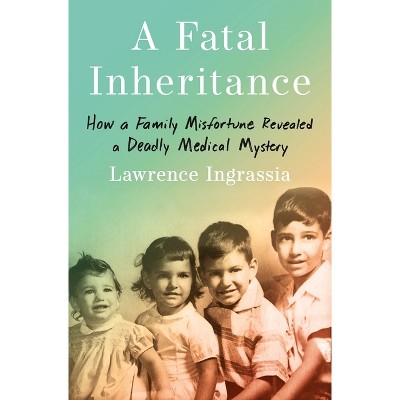

Trending Non-Fiction








